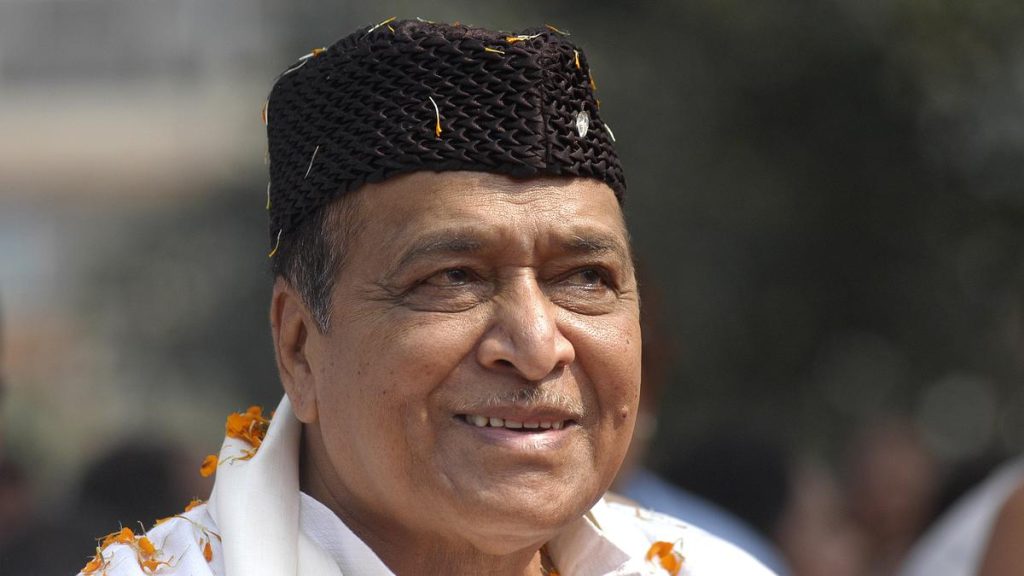Now Reading: Nagaland Medical Students Protest Over Regularisation of 280 Health Workers
-
01
Nagaland Medical Students Protest Over Regularisation of 280 Health Workers
Nagaland Medical Students Protest Over Regularisation of 280 Health Workers

quick Summary:
- Medical students in Nagaland protested on August 30, 2025, against the state government’s decision to regularise 280 contractual health workers without competitive examinations.
- The protest was led by the Nagaland Medical students’ association (NMSA) outside the Department of Health and Family Welfare office in Kohima.
- The regularisation decision, notified on August 18, applies to COVID-era appointees including medical officers, dentists, AYUSH practitioners, and nurses.
- NMSA argued that this bypasses recruitment through the Nagaland Public Service Commission (NPSC), mandated by Nagaland Health Service Rules (2006).
- leaders stated that this move violates Articles 14 and 16 of India’s Constitution concerning equality before law and public employment opportunities.
- The association demanded revocation of the order and insisted future recruitment be conducted via open competitive exams through NPSC.
- NMSA leaders clarified that a court ruling linked to this issue did not endorse or allow such regularisation processes. They are considering legal action against the government’s decision.
- Protesters expressed concerns about openness in interviews already initiated by the department since August 27 without advance interaction of dates to candidates.
- Civil society groups were urged to support demands for justice; peaceful protests will continue until equitable recruitment norms are restored.
Indian Opinion Analysis:
The controversy surrounding Nagaland’s regularisation policy raises crucial questions about governance principles like meritocracy and adherence to constitutional mandates governing public employment procedures under Articles 14 and 16. By bypassing established norms underpinned by competitive exams through the NPSC for Class-I posts as per existing rules (Nagaland Health Service rules, 2006), concerns arise over transparency and fairness for aspiring candidates across sectors-not just healthcare.
Merit-based hiring is vital for institutional credibility as it ensures equal opportunities nonetheless of external factors such as tenure during extraordinary times like COVID-though these contributions remain commendable otherwise as individual efforts addressing national crises.Potentially signaling broader administrative shifts violating long-term practices-a precedent set here echoes beyond localized impact-it influences trust governance cycles broadly inside India’s layered accountability structures Indians should require fortification transparency/reform-focused post implications seen tighten essential oversight bodies functioning institution minimally complete failures read below original….























